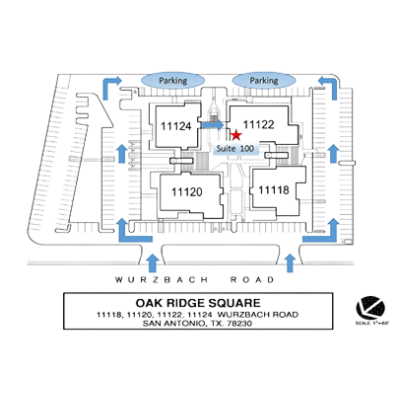Many people see estate planning solely as a way to organize the distribution of assets after death. However, it's also a powerful tool for ensuring personal wishes are respected during one's lifetime. A key element of this process is advance directives, which protect an individual's medical preferences and provide peace of mind.
Why Advance Directives Matter for Everyone
Sudden health emergencies can happen to anyone, regardless of age, making advance directives essential for all adults. These documents alleviate stress on family members by providing clear instructions about medical treatment preferences.
The Key Components of Advance Directives
Health Care Power of Attorney (HPOA)
An HPOA allows an appointed person to make health care decisions on behalf of the individual when they are unable to do so. It is important to choose someone who knows and respects the person's wishes.
Directive to Physician
This directive lays out specific instructions for medical treatment and life-sustaining measures in the event of a serious or terminal condition. This ensures loved ones and healthcare providers are aware of the individual's preferences, reducing uncertainty during critical moments.
Integrating Advance Directives into Estate Planning
Including advance directives in a broader estate plan ensures that health care preferences align with legal and financial directives. While these forms can be completed independently, their true effectiveness comes when they are integrated with the rest of the estate planning process. Regular reviews, especially following major life changes, are necessary to keep the documents up to date.
Estate planning is not just about finances; it's about ensuring peace of mind through comprehensive planning. Consider your medical wishes and the importance of having the right legal tools in place to protect those wishes. Take the next step by consulting with an estate planning professional or reviewing your current plan to ensure it includes updated advance directives. Explore more resources or schedule a consultation to get started.


